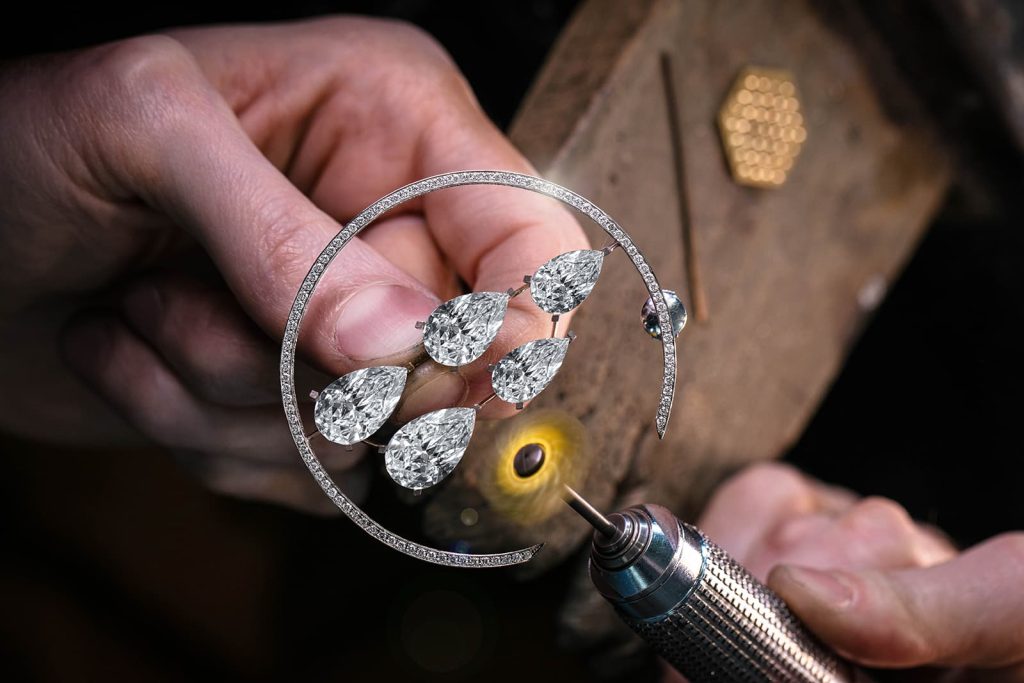
Namibian diamond company Andre Messika Diamonds says the diamond industry remains hopeful about recovery, even as global economic conditions weigh heavily on demand for luxury goods in 2025.
“We remain hopeful for better times in the industry. We have been through challenges before, and while recovery is taking longer than usual, once the global economy rebounds, we believe the diamond sector will benefit again,” Andre Messika Diamonds Director Marc Friedman told Namibia Mining & Energy.
Friedman explained that the year began with signs of improvement, but momentum slowed as recession hit many economies.
“In 2025, the outlook initially appeared more positive, but as you know, the global economic situation has worsened, with many countries sliding into recession. Unfortunately, diamonds being a luxury item are among the first to be affected,” he said.
He added that conditions were worsened by tariffs in the United States, the world’s largest diamond market. “To further complicate matters, in recent months the United States, the largest consumer of diamonds, has implemented very high tariffs under President Trump’s policies,” Friedman said. These import levies, ranging from 15% to 50%, have made diamonds less affordable and less attractive to buyers.
Despite these setbacks, Friedman stressed that the diamond sector has faced challenges before and continues to adapt.
He pointed to the turbulence caused by lab-grown diamonds, which once posed a serious threat to natural gems. From early 2023 through 2024, synthetic stones gained popularity but have since lost more than 95% of their value.
He said this shift has repositioned lab-grown diamonds into lower-value segments.
“That said, lab-grown diamonds seem to have found their place in a different segment of the market, mainly cosmetic jewellery, fashion, and products aimed at teenage consumers. By contrast, the important message about natural diamonds is that they are more than just gemstones,” Friedman said.
Friedman noted that natural diamonds remain valued as investments and heirlooms, carrying cultural and economic importance, particularly in producing countries such as Namibia. “This is not only about producing diamonds. It is about their significance as part of our heritage and their enduring value in society,” he said.







